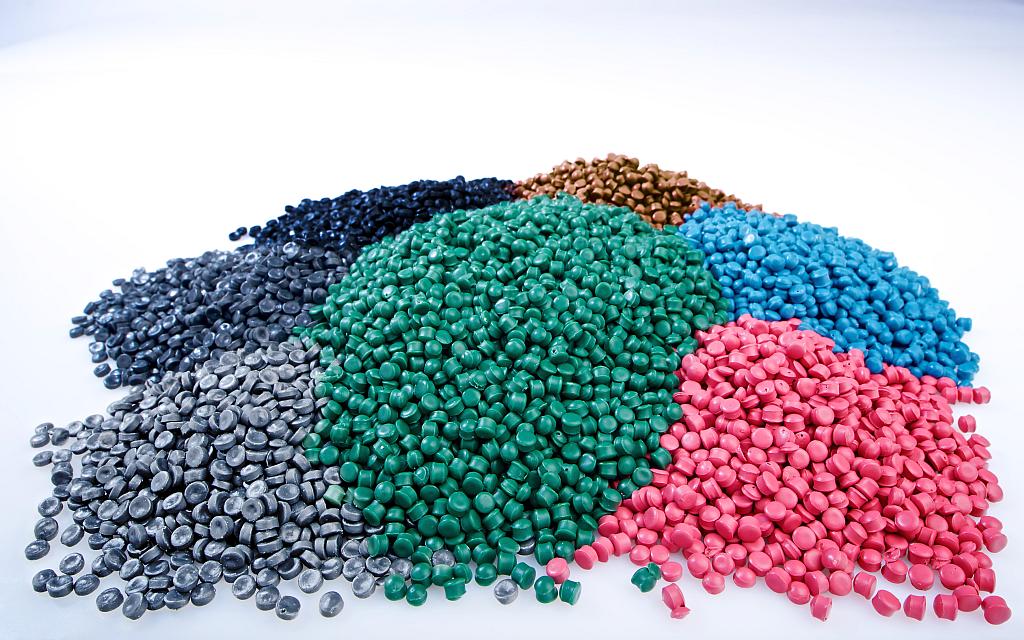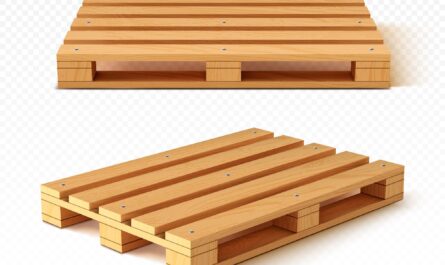Phenolic resins, also known as phenol–formaldehyde resins, are synthetic polymers that are produced from the reaction of phenol or substituted phenol with formaldehyde. They are thermosetting resins and are widely used in adhesive, molding compounds, lamination, insulation, and as coatings. They are primarily used for their heat resistance and high mechanical strength properties. Wood adhesives application contributes majorly to the growth of the phenolic resins market. Phenolic resins demonstrate excellent adhesion to wood and are extensively used for manufacturing plywood, laminated veneer lumber (LVL), finger-jointed lumber, and other engineered wood products. These adhesives result in durable bonds and provide high strength, moisture resistance, and creep resistance to wood composite panels.
The global phenolic resins market is estimated to be valued at US$ 16052.98 million in 2023 and is expected to exhibit a CAGR of 10% over the forecast period from 2023 to 2030, as highlighted in a new report published by Coherent Market Insights.
Market Dynamics:
Rising application in wood adhesives is expected to be a major driver for the global phenolic resins market over the forecast period. According to the given report, wood adhesives accounted for over 30% of the global phenolic resins demand in 2022. The exceptional bonding strength of phenolic resins makes them a preferred choice for manufacturing plywood, laminated veneer lumber (LVL), and other engineered wood products. Phenolic resins form durable moisture-resistant bonds between wood surfaces. Their growing use in manufacturing wood composites is estimated to propel the market growth. Another driver for the market is the favorable properties of phenolic resins such as heat resistance, high mechanical strength, and insulation properties. These properties make phenolic resins suitable for applications such as molding compounds, insulation, coatings, and abrasion-resistant laminates. The growing construction and automotive industries are expected to fuel the demand for products using phenolic resins over the forecast period.
Segment Analysis
The global Phenolic Resins Market is dominated by the resins segment. This segment accounts for over 60% share of the total market and is growing at a faster pace owing to growing demand from applications such as wood adhesives, moulded components, laminates, and insulation materials. The wood adhesives sub-segment dominates other sub-segments under the resins segment due to large scale replacement of urea-formaldehyde resins by superior phenolic resins in plywood, oriented strand board, and laminated veneer lumber manufacturing.
PEST Analysis
Political: Trade restrictions imposed by certain countries on Phenol and formaldehyde imports impact the Phenolic Resins market. However, industrial growth promotion policies by governments propel market growth.
Economic: Recovery in the construction sector along with growth in the automobile and electrical industries in developing nations drives demand. High replacement rate of conventional resins by phenolic resins boosts market revenues.
Social: Increasing consumer preference for eco-friendly resin adhesives and rising environmental legislations increase adoption of phenolic resins with low-freeformaldehyde content.
Technological: Developments in resin synthesis technologies help overcome issues related to brittleness and high cost. Advances in composite material applications expand growth opportunities.
Key Takeaways
The global Phenolic Resins Market Share is expected to witness high growth over the forecast period owing to increasing substitution of traditional resins and growth in end-use industries. The global phenolic resins market is estimated to be valued at US$ 16052.98 million in 2023 and is expected to exhibit a CAGR of 10% over the forecast period from 2023 to 2030.
Regional analysis
The Asia Pacific region accounted for over 40% of the global Phenolic Resins market share in 2023 led by China, India, Japan, and other developing countries. High economic growth, supportive government policies, and expansion of manufacturing sectors drive the regional market. Growing construction activities for residential and commercial infrastructure works augment phenolic resins consumption.
Key players
Key players operating in the Phenolic Resins market are Allresist GmbH, BASF SE, Dow Chemical Company, Huntsman International LLC, and Momentive Performance Materials Inc. These companies collectively account for over 50% of the global market share.
*Note:
1. Source: Coherent Market Insights, Public sources, Desk research
2. We have leveraged AI tools to mine information and compile it



